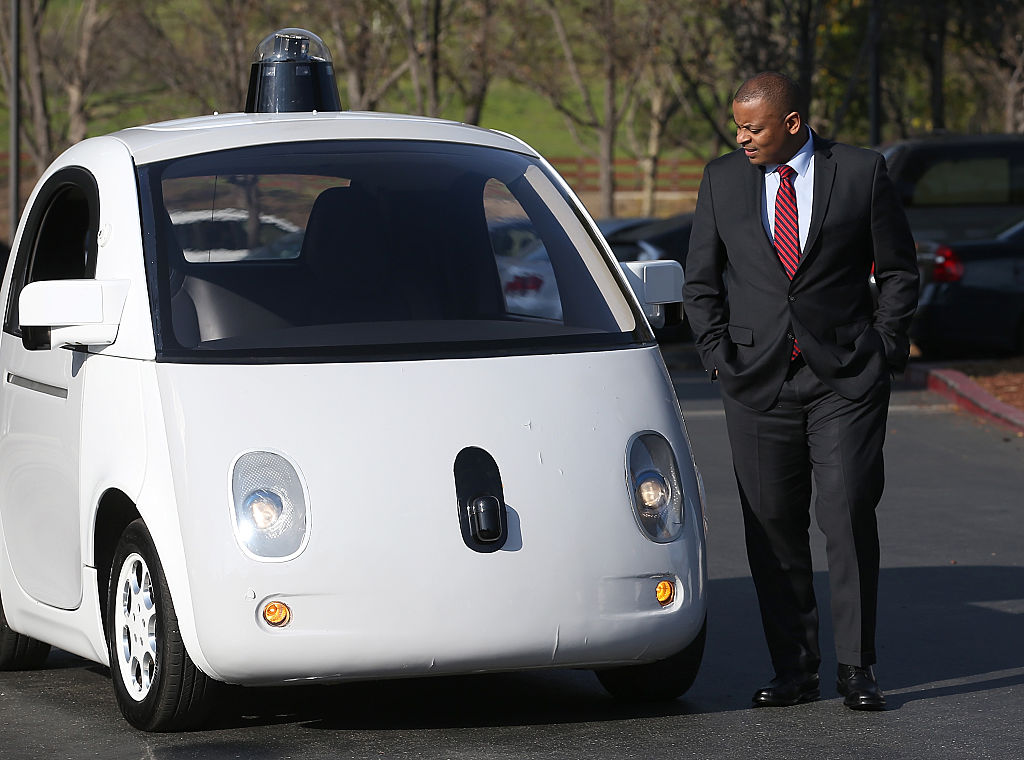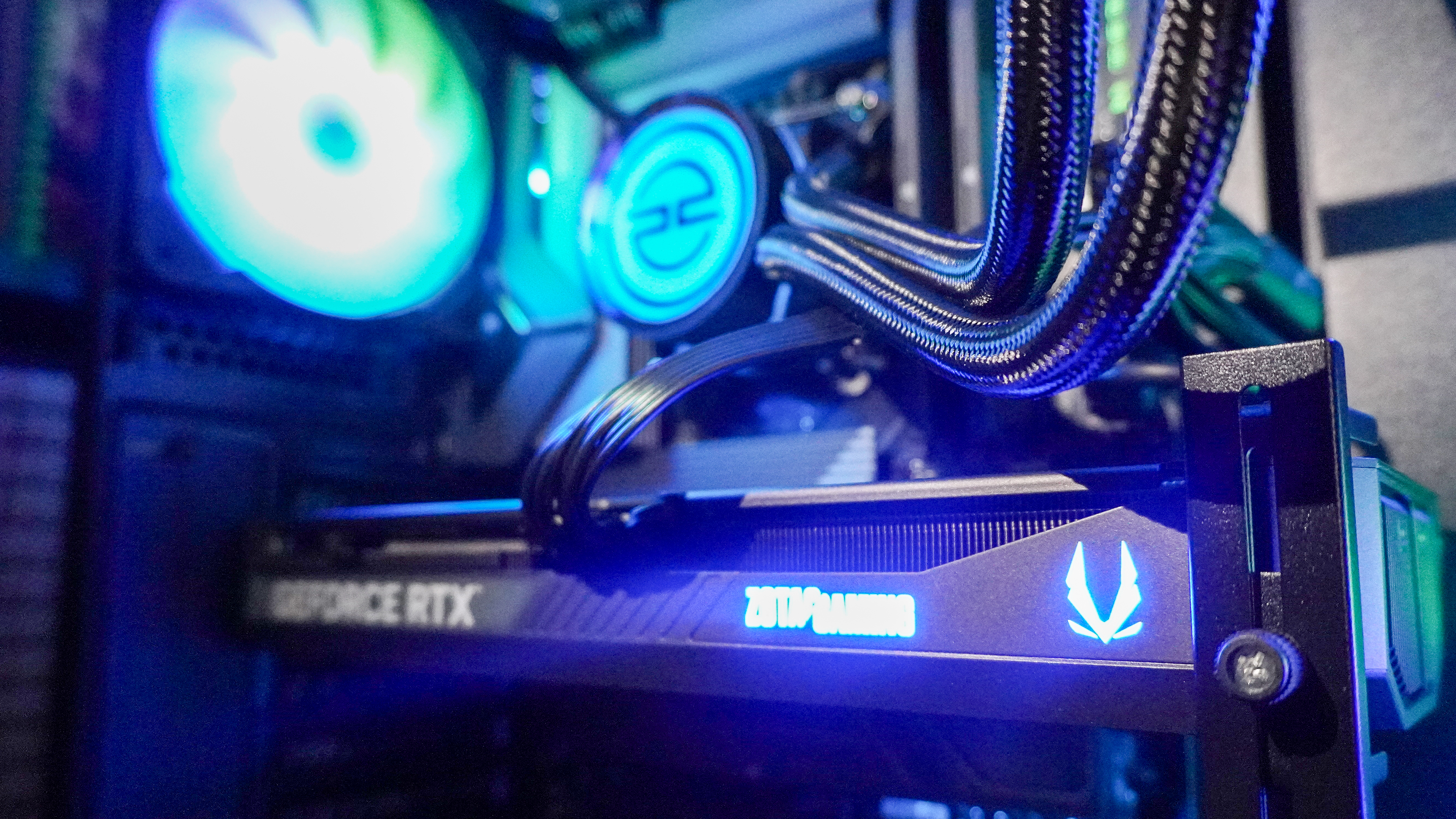Google's Big Self-Driving Car Shift Could Benefit Drivers
Google has new plans for its self-driving car tech, and it could actually be good news for consumers itching to take it for a spin.
After developing its self-driving cars over seven years and testing them across 2 million miles, Google is setting aside plans to build and sell fully-autonomous cars on its own, and will instead work with established automakers on their self-driving vehicles through a new Google spinoff, Waymo.
Waymo, which is short for "a new way forward in mobility," will be headed up by John Krafcik, the former CEO of Google's self-driving car division, according to a letter released by the new company. Krafcik is also a former CEO of traditional car maker Hyundai, which should help smooth out the shift toward partnerships with automakers and away from its own driverless car efforts.
The acquisition could be signal that Google may be getting more realistic about how to introduce its self-driving tech to consumers. After all, about 75 percent of drivers in the United States are at least somewhat afraid of vehicles that can operate on their own to some degree, according to a survey conducted earlier this year by the Institute of Electrical and Electronics engineers, a trade group.

Besides working on its own car, Google has already been testing its self-driving tech using modified Lexus SUVs and Toyota Priuses. Meanwhile companies like Mercedes-Benz and Nissan have been testing out their own autonomous vehicles. But going full-on driverless, with an entirely new vehicle lacking a steering wheel and pedals, is a very different story, and it could be a big reason why the thought of self-driving cars have instilled fear in many drivers.
By first opting to work with traditional car companies, with "normal" looking cars with steering wheels and pedals, Google could improve drivers' trust in its self-driving tech, and it could help consumers get used to and possibly even accept the concept of self-driving cars on the road.
MORE: The 25 Best Tech Products of 2016
Government regulators like the National Institute for Highway Safety, as well as the Insurance Institute for Highway safety, a car insurance trade group, also seem to have mixed stances on self-driving cars. They've seemed hopeful that self-driving cars could help reduce traffic deaths, but aren't entirely convinced that they're safe. Working with traditional car companies that those organizations know well could help Google speed up its efforts to finally get its car tech on roads across the country.
Another indicator that Google is shifting its car strategy is that Google and its owner, Alphabet, are expected to move its self-driving car team to from its pie-in-the-sky Google X "moonshot" division into a separate company, according to The Information.
Google has previously been criticized for not already selling self-driving cars after working on them for so long, while traditional car companies have been willing to pony up the cash to take advantage of new tech, noted Recode earlier this year.
- Connected Cars: A Guide to New Vehicle Technology
- Is the Apple Car Dead or Just Stalled?
- Android Auto FAQ: Everything You Need to Know
Sign up to get the BEST of Tom's Guide direct to your inbox.
Get instant access to breaking news, the hottest reviews, great deals and helpful tips.
Althea Chang is Associate Director of Content Development for Consumer Reports and was previously a Senior Writer for Tom's Guide, covering mobile devices, health and fitness gadgets and car tech.
